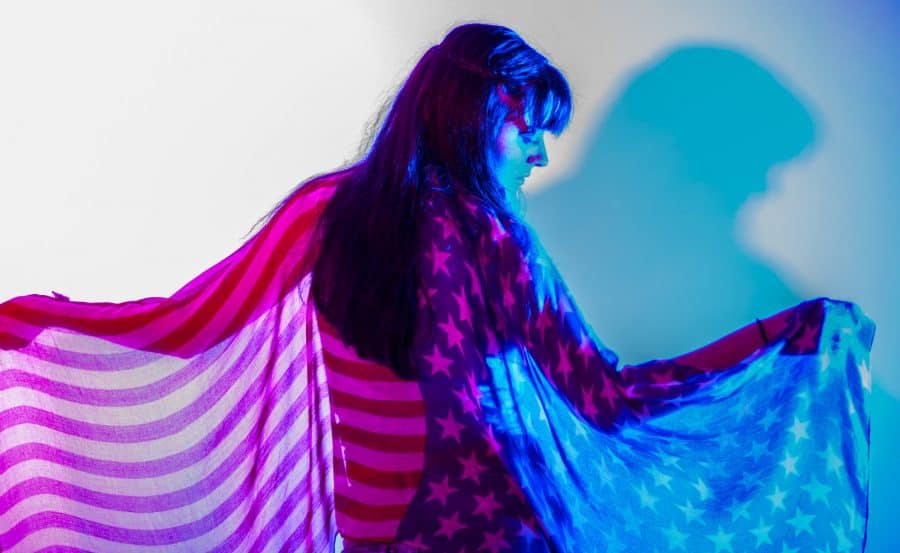In the age of Instagram and high-quality cameras on smart phones, anyone can take a photograph. For student photographers, though, photography is much more than a quick snapshot for social media posts or capturing fun memories. Their creative work leads to personal and professional growth.
“Making photos is one of my main sources of fulfillment,” said Grant Nicholls, a junior majoring in mechanical engineering, who has been taking photos for years. “My goal with my work is to make images that you have seen with your mind, but not yet with your eye. The best thing about photography is that it allows you to create just a singular image that can have many different messages or cause many different emotions.”
Sarah Davidson, a senior journalism and creative media major, is a photographer as well.
“I predominantly think in pictures, so visual art has always been a natural way of expressing myself,” Davidson said. “There are just things words can’t do for me that a photograph can. I bounce between the beauty and sadness of being alive, directly or through metaphor.”
Photography can have practical benefits beyond being a meaningful artistic hobby. From experimenting with self-expression to learning adaptability, photographers can grow in their personal and professional lives from their experiences behind the lens.
Alexander Green, a senior majoring in studio art, has found his camera an outlet and an opportunity for personal growth.
“I think it’s such a great outlet for me to be creative, and it really pushes me to always be creative in just the smallest of situations, like say what I’m wearing for the morning,” Green said. “I really wanna stay true to being an artist and the fact that I’m always being creative, and it gives me a way to look at the world I guess in a really creative way. I do really like to apply art into different situations, and I think art also has just given me the ability to get a better understanding of myself.”
Davidson said she appreciates how art can be adapted to fit any career path.
“What’s exciting about being an artist professionally is how applicable art is to so many fields,” Davidson said. “There are endless possibilities out there even though there’s the traditional viewpoint of ‘you can’t make money making art.’ As a student, I’m happy to have the luxury of experimenting and learning my craft so that I can be a force later, when I’m getting paid.”
Nicholls has his own views about artists finding success.
“It depends how you define success,” he said. “If you have talent and work hard, then you can be ready when opportunities come your way.”
As Green’s time at the University comes to a close, he aims for a career that maintains his artistic values.
“The more I get closer to graduation I realize I just want to be a practicing artist,” Green said. “I really just want to make art and not necessarily just be limited to one type of photography. Being a studio artist can be really tough, but I’m the happiest when I’m just making art, and a career that would allow me to do that would be incredible.”
Both Davidson and Nicholls said their time at the University has been important to their growth as artists, both in the classroom and in campus life in general.
“The primary way [I’ve grown on campus] is having spontaneity with my work.” Nicholls said. “Classes take up a lot of my time while on campus, so working within little moments has become common and increased my skill.”
Davidson said he has been influenced in a more formal way.
“College has exposed me to so many new techniques and tools to create visual art than ever before, so I’ve grown a lot in how I approach creating work,” she said. “My professors have ingrained a sense of balancing artistic curiosity and discipline in the practice that my impulsive self didn’t have before.”









